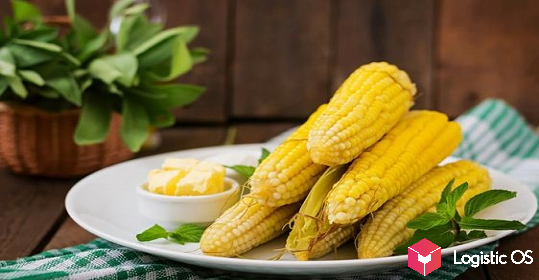This year Russia beat all possible grain harvests. However, manufacturers still have enough problems.
As the head of the Ministry of Agriculture Dmitry Patrushev noted at a meeting on November 7, today the department expects that the final grain harvest in Russia will be 151 million tons, and wheat — 105 million tons.
Good results in other areas as well: greenhouse vegetables, berries and fruits, potatoes, oilseeds, sugar beets.
However, the farmers are not so happy: the “harvest festival” is spoiled by low prices for products.
As a result, the question arises with profitability: there are fears that it will be insufficient.
In order to somehow mitigate the problem of low prices, the state is taking a whole range of measures aimed at supporting farmers.
Intervention Fund
The Ministry of Agriculture plans to purchase up to 3 million tons of wheat and rye for a special fund by the end of the year. This will to some extent eliminate the excesses in the market, which «put pressure» on prices.
At the same time, 3 million tons is not as little as it might seem. After all, for example, Russian millers annually buy about 15 million tons.
Compensation of part of the costs to farmers
About 10 billion rubles have already been spent for these purposes since the beginning of the year, and the same amount has recently been allocated.
As a result, each producer of agricultural products can claim payments of 2,000 rubles for each ton of products produced.
Preferential loans
Low interest loans and leasing are another key measure to support Russian farmers. Only for «short loans» the Ministry of Agriculture allocated 33.5 billion rubles.
Price growth is also possible
Perhaps this is the most important «support measure» that would help farmers.
Initially, the fall in prices was due to the fact that the sanctions complicated the export of grain from the Russian Federation, as there were problems with payments, freight and cargo insurance.
This caused «overstocking of warehouses».
Additional problems were created by a significant strengthening of the ruble in the first half of this year, which was not beneficial for any of the exporters, including agricultural producers.
But now producers and exporters have more or less adjusted, with exports down just 1.5% from last year.
In addition, prices on the world market will probably also rise: in Argentina and the United States, drought can lead to poor harvests, and cheap grain supplied by Ukraine is also running out.
As a result, Russian farmers have a chance to enter the next season with a normal financial result.

